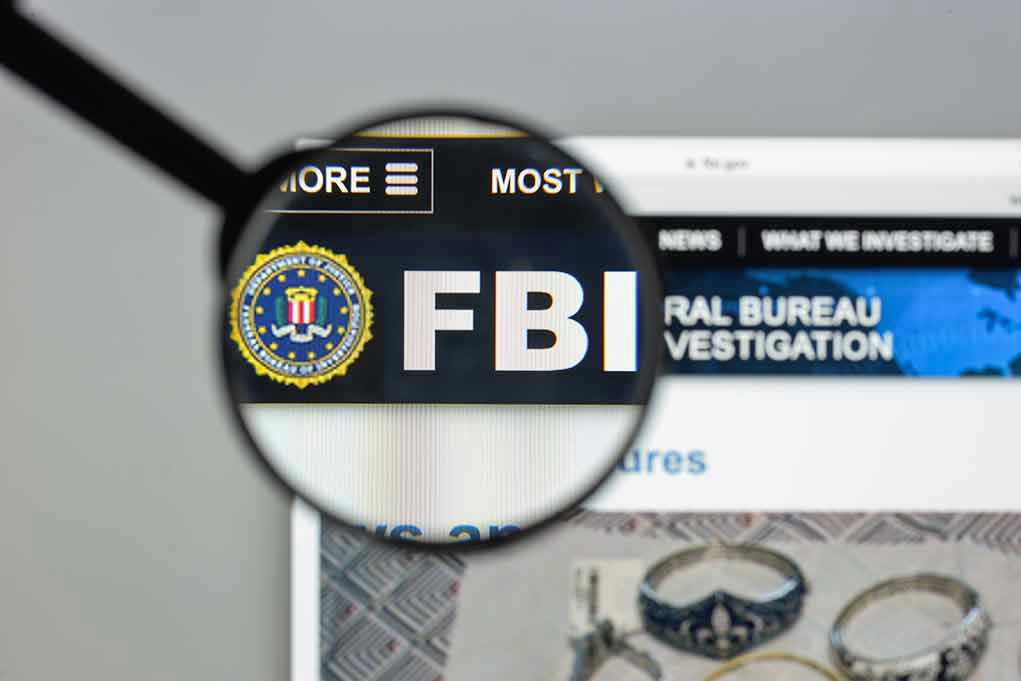
The FBI’s unprecedented scrutiny of GOP lawmakers’ phone records in the January 6 probe raises profound questions about privacy and government overreach.
Story Snapshot
- FBI examined phone records of prominent Republican lawmakers.
- Investigation focused on the days surrounding the January 6 Capitol riot.
- Controversy erupted over privacy and potential government overreach.
- Political fallout continues with calls for further investigation.
FBI’s Unprecedented Scrutiny
The FBI’s decision to analyze the phone records of over half a dozen Republican lawmakers is a stark reminder of the intense scrutiny surrounding the January 6 Capitol riot. These records, which include basic call metadata like dates and times, shine a light on the days when pro-Trump rioters attempted to disrupt the certification of Joe Biden’s 2020 election victory. This investigation was spearheaded by former Justice Department special counsel Jack Smith, raising significant concerns about privacy and the politicization of law enforcement.
The analysis of lawmakers’ phone records marks an unprecedented step in recent U.S. history. It underscores a broader effort by federal investigators to understand the communications between President Donald Trump, his allies, and key lawmakers. However, it also raises critical questions about government overreach and the potential weaponization of investigative powers against political opponents, sparking a political controversy that continues to reverberate through Washington.
Political and Legal Ramifications
The controversy surrounding the FBI’s actions extends beyond privacy concerns. It has prompted questions about transparency and accountability within federal agencies. The disclosure of the phone record analysis by GOP senators, rather than the FBI or the Justice Department, has further fueled skepticism about oversight and legal precedent. The case against Trump was eventually dropped after his 2024 election win, citing a Justice Department opinion that sitting presidents cannot face federal prosecution, adding another layer of complexity to an already convoluted legal landscape.
Whoa: Jack Smith Tracked GOP Senators' Private Comms in J6/Election Probe Per the FBI https://t.co/pgoLGWzYib
— maggie (@vishiwishi24) October 7, 2025
Republican leaders have been quick to frame the FBI’s actions as an abuse of power, accusing the government of political persecution. This sentiment echoes historical tensions between law enforcement agencies and political figures, reminiscent of the Watergate scandal and more recent investigations into election interference. As the political fallout continues, the balance of power and the boundaries of executive authority remain hotly debated topics.
Calls for Accountability
The release of the FBI’s phone record analysis has prompted immediate backlash from Republican leaders. Senator Chuck Grassley and Senate Majority Leader John Thune have both expressed grave concerns about the FBI’s conduct. Grassley, who disclosed the subpoena details, criticized the FBI’s actions as a violation of lawmakers’ rights. Thune has called for a congressional investigation to examine the extent of the FBI’s analysis and the decision-making process behind it.
The unfolding situation has ignited a broader debate about the role of federal agencies in political investigations. Many Republican lawmakers, whose records were analyzed, have voiced concerns about the potential misuse of power and the implications for privacy rights. As the controversy unfolds, the calls for accountability and transparency grow louder, highlighting the ongoing struggle between political oversight and the autonomy of law enforcement agencies.
Sources:
FBI Analyzed GOP Lawmakers’ Phone Records in Trump Jan. 6 Probe




